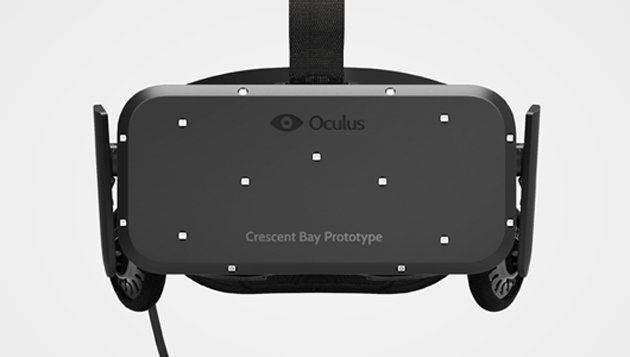Oculus and Facebook fail to stop Zenimax lawsuit moving forward
Solis denied motions to dismiss from the two defendant companies and Palmer Luckey, meaning the suit – filed in May – will go before a jury. Naturally, Oculus VR has a different story to share, indicating that ZeniMax Media wanted to take advantage of the financial transaction between Facebook and Oculus VR.
Zenimax’s federal lawsuit against Facebook and Oculus will proceed, thanks to a ruling by US District Judge Jorge Solis. The judge dismissed that argument out of hand.
According to court documents obtained by Polygon, the judge dismissed motions in which the defendants sought to expunge claims of “misappropriation of trade secrets, breach of an non-disclosure agreement and unjust enrichment”.
“It was only through the concerted efforts of Carmack, using technology developed over many years at, and owned by, ZeniMax, that Luckey was able to transform his garage-based pipe dream into a working reality”, read Zenimax‘s lawyers’ initial letter.
The judge therefore set a preliminary jury trial date of August 1, 2016 for the case, with a discovery period slated to close in February.
“Until the Facebook deal, and the perceived chance for a quick payout, ZeniMax never raised any claim of infringement against Oculus VR, undoubtedly because ZeniMax never has contributed any intellectual property or technology to Oculus VR”, Oculus VR added.
ZeniMax claims that legendary game developer John Carmack, known for his work on Wolfenstein 3D and the original Doom, stole ZeniMax’s pertinent and copyrighted intellectual property when he jumped ship from ZeniMax Media after finding out they wouldn’t be supporting the Oculus Rift VR headset. Zenimax argues that the assistance that Carmack gave to Luckey was illegal and anything Carmack might have created in conjunction with the Oculus Rift headset while working at id Software ultimately belongs to Zenimax.








